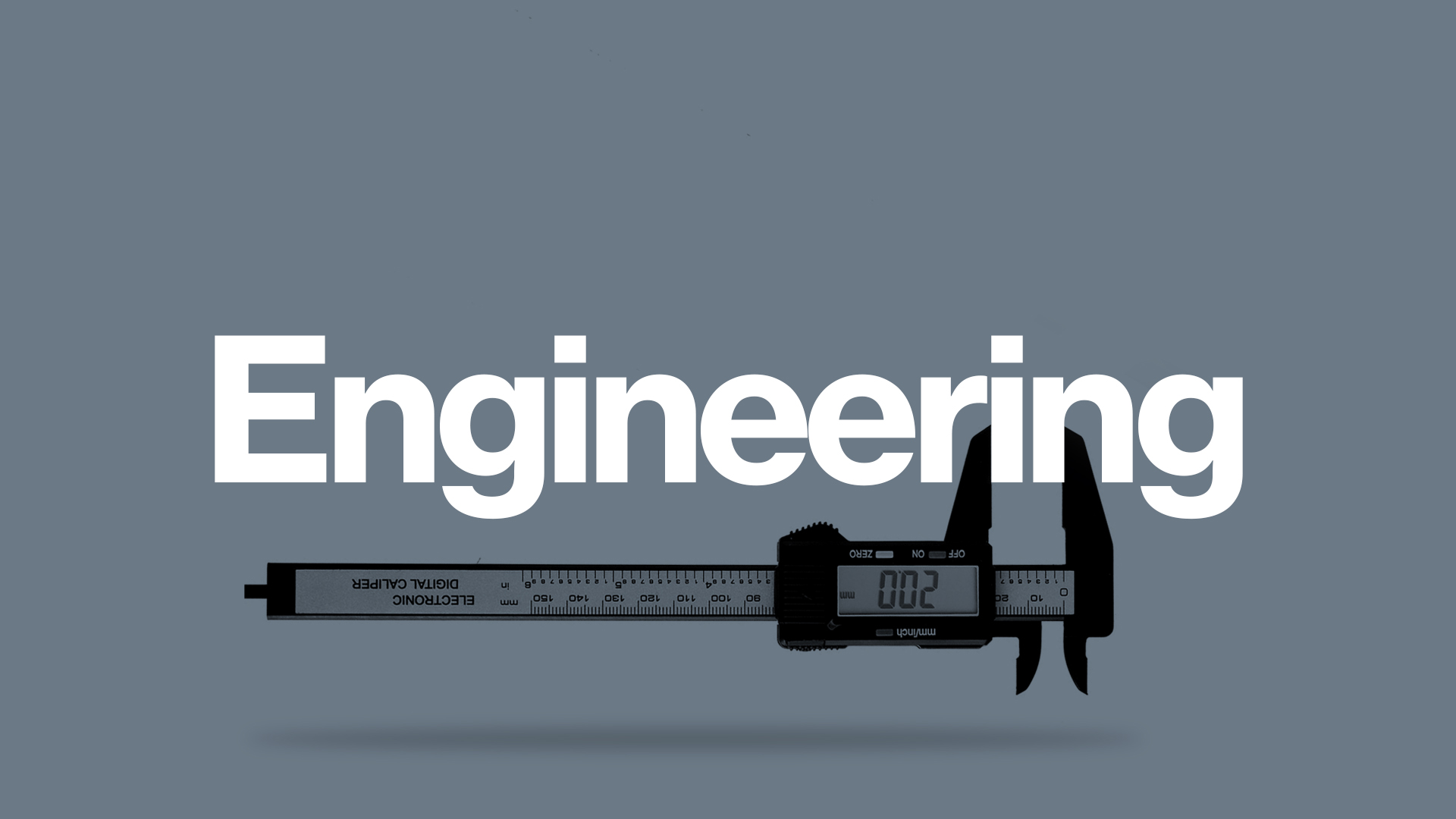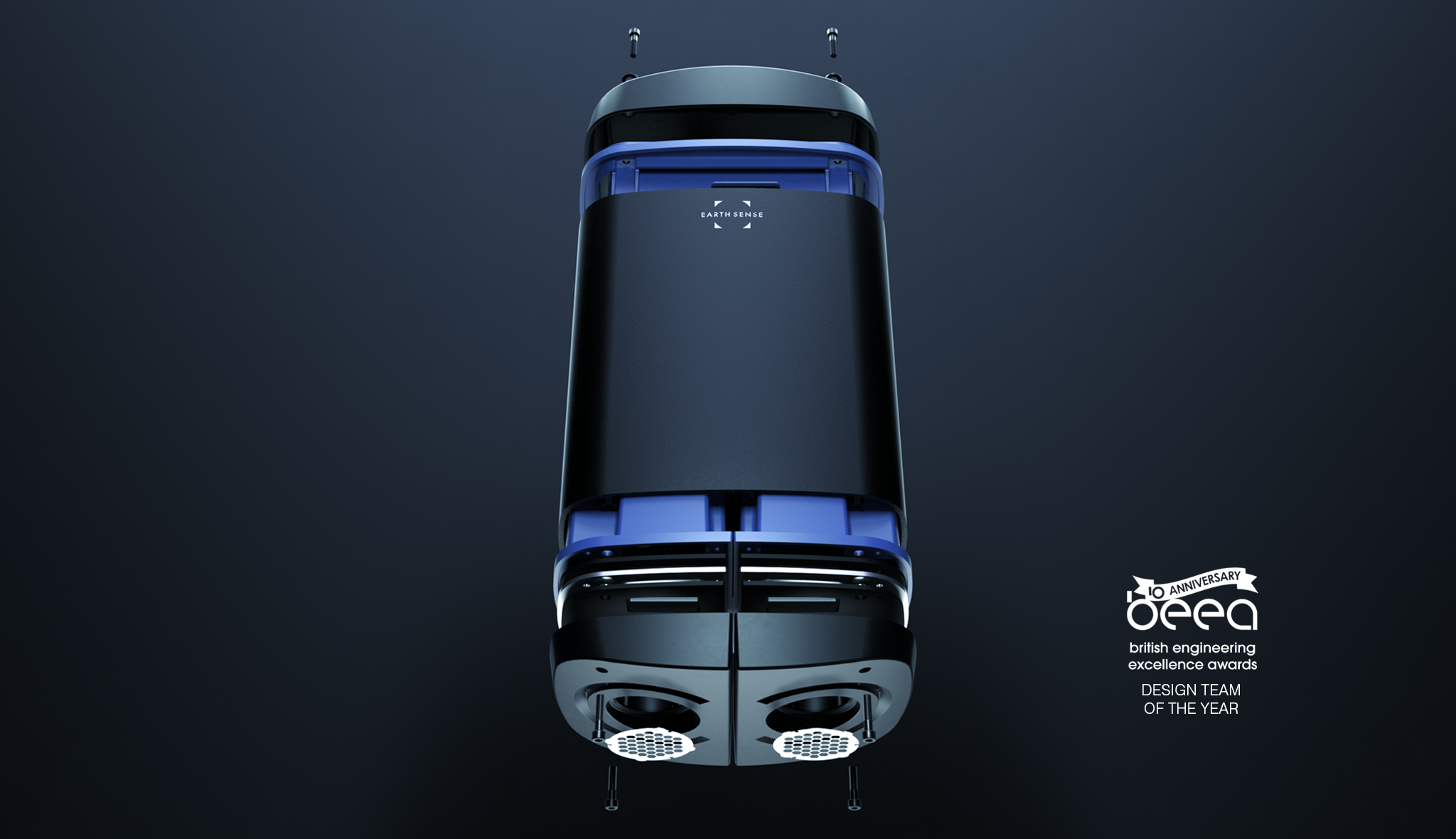The creation of commercially successful products means intensive planning, bespoke development processes and the use of state-of-the-art tools and techniques. It also means combining innovative thinking with technical knowledge.
At Bluefrog Design our team are experienced innovators and industrial design engineers. We combine a wide experience of mechanical and electronic engineering, detail design and performance testing to find the best solution to build production-ready products while retaining the form and spirit of the original concept. Our team has extensive knowledge in various sectors, including the aerospace industry, showcasing our ability to provide design services for this industry.








